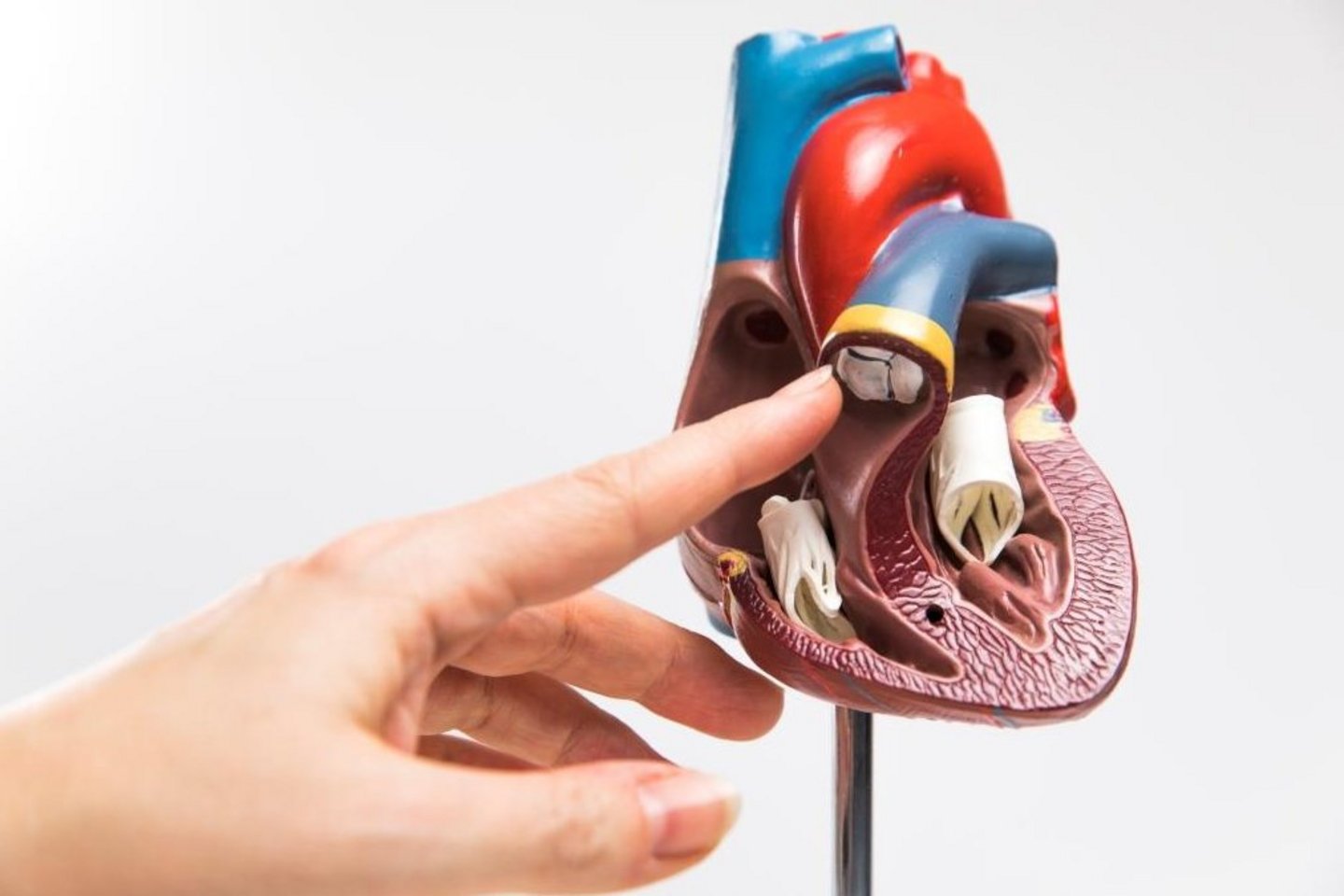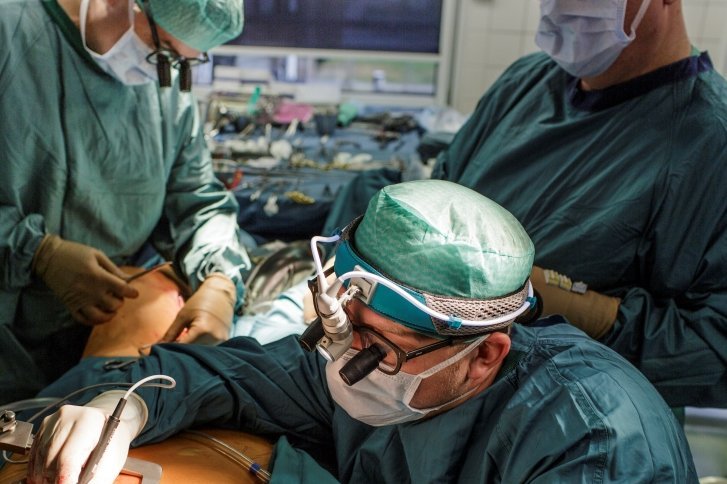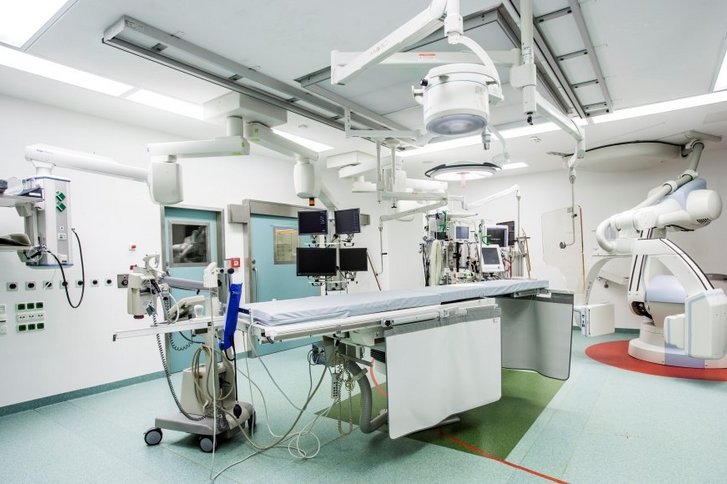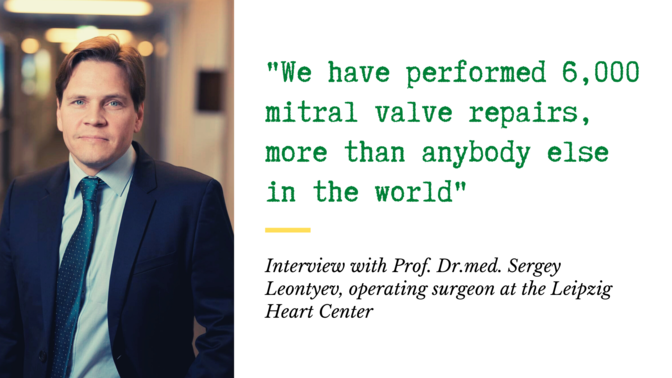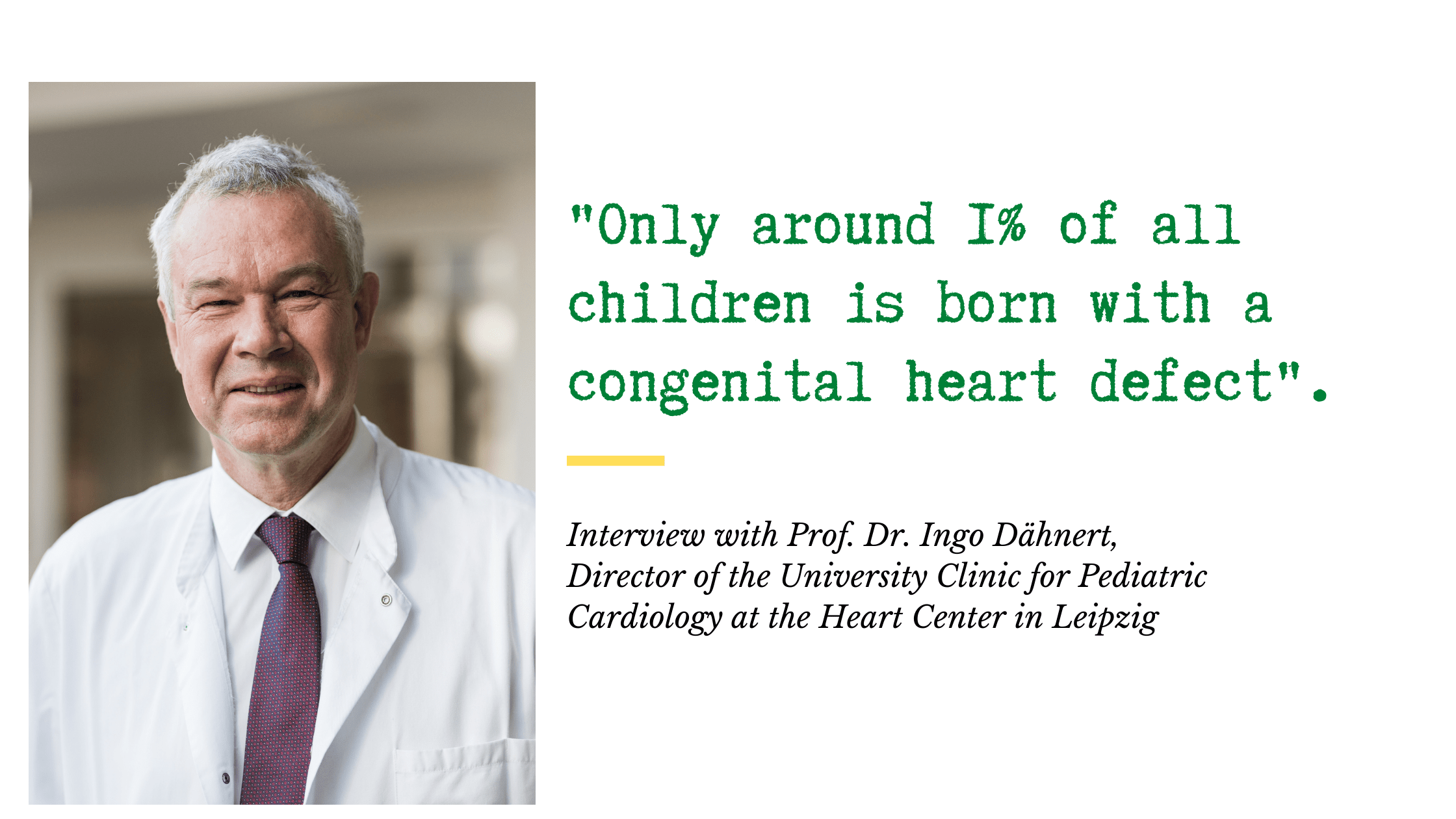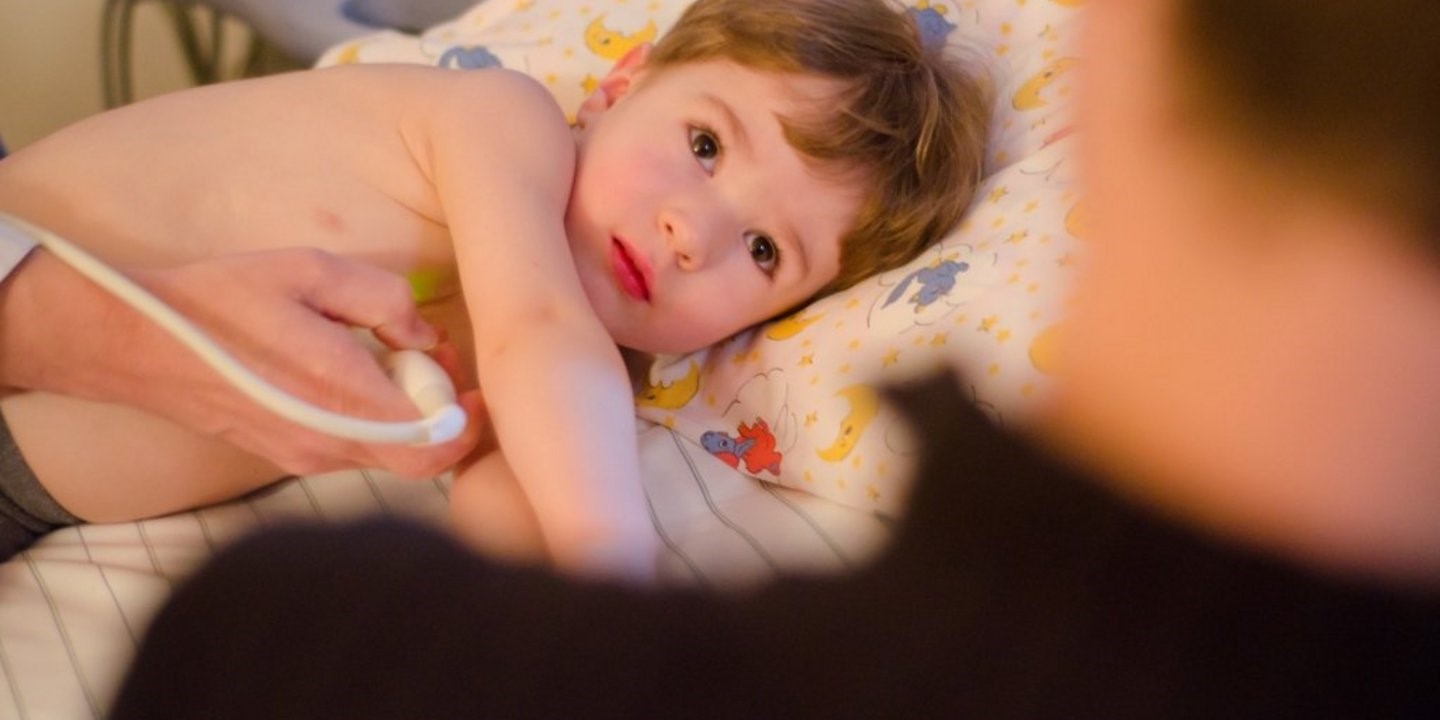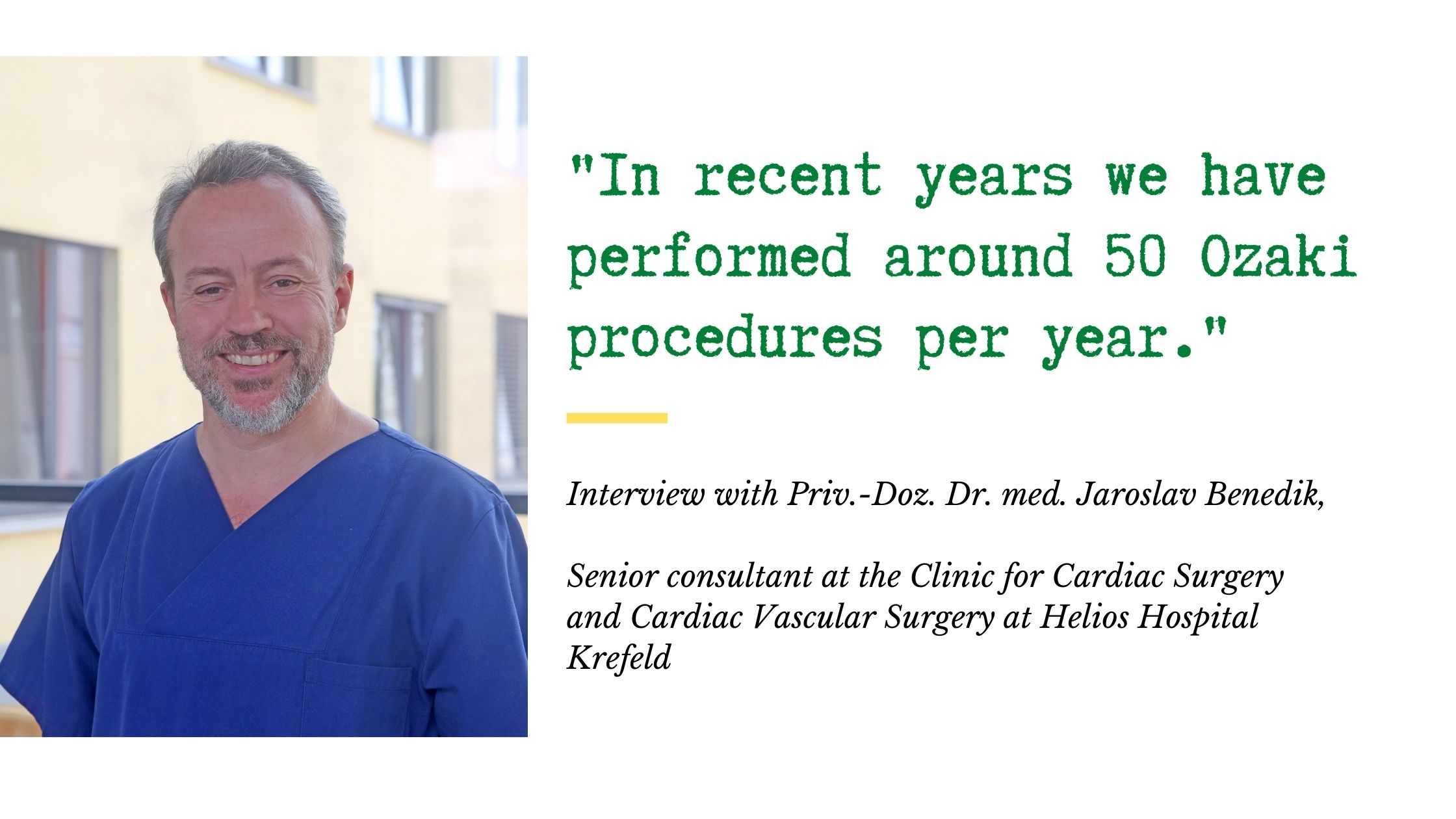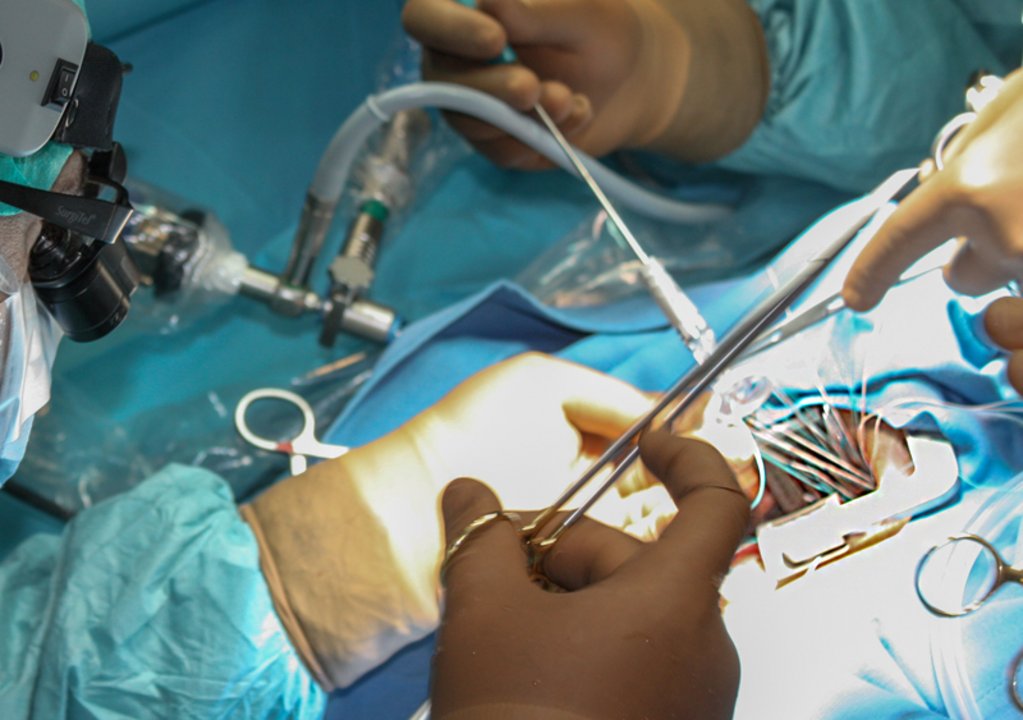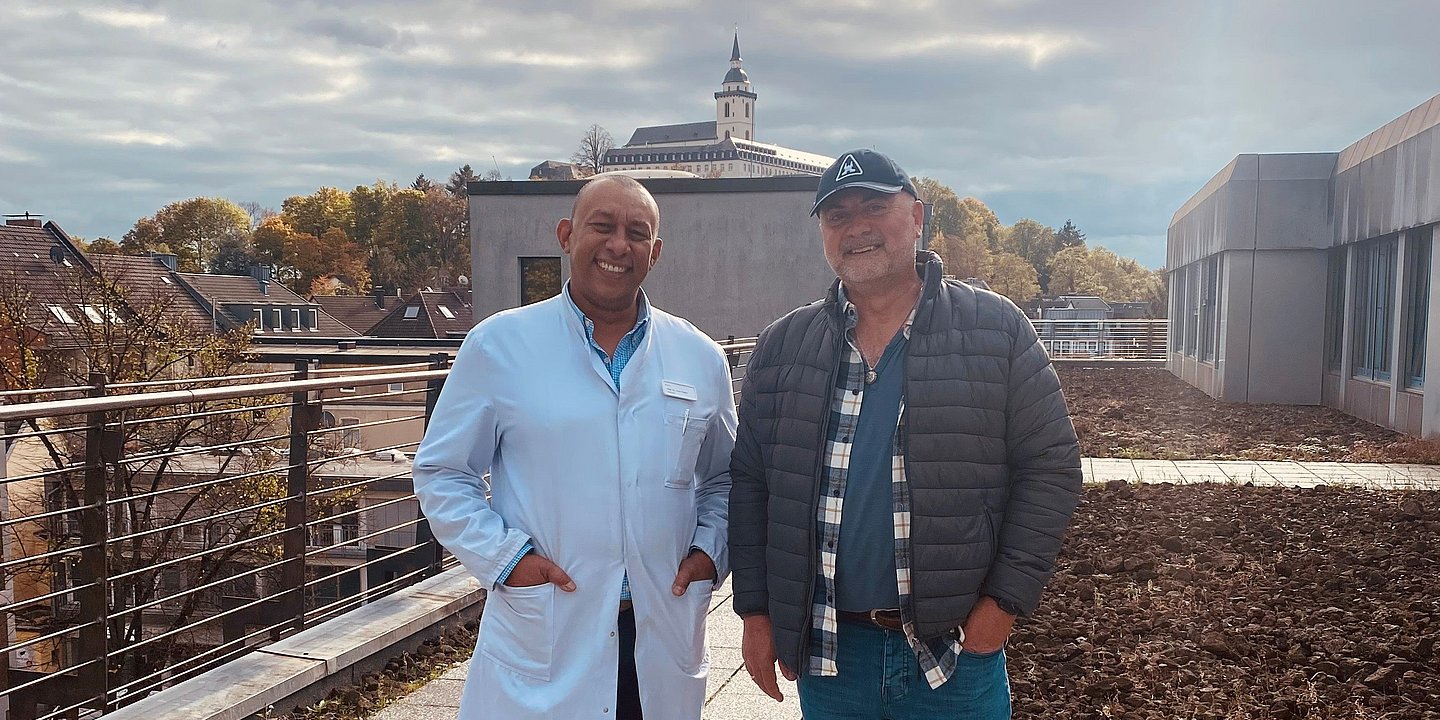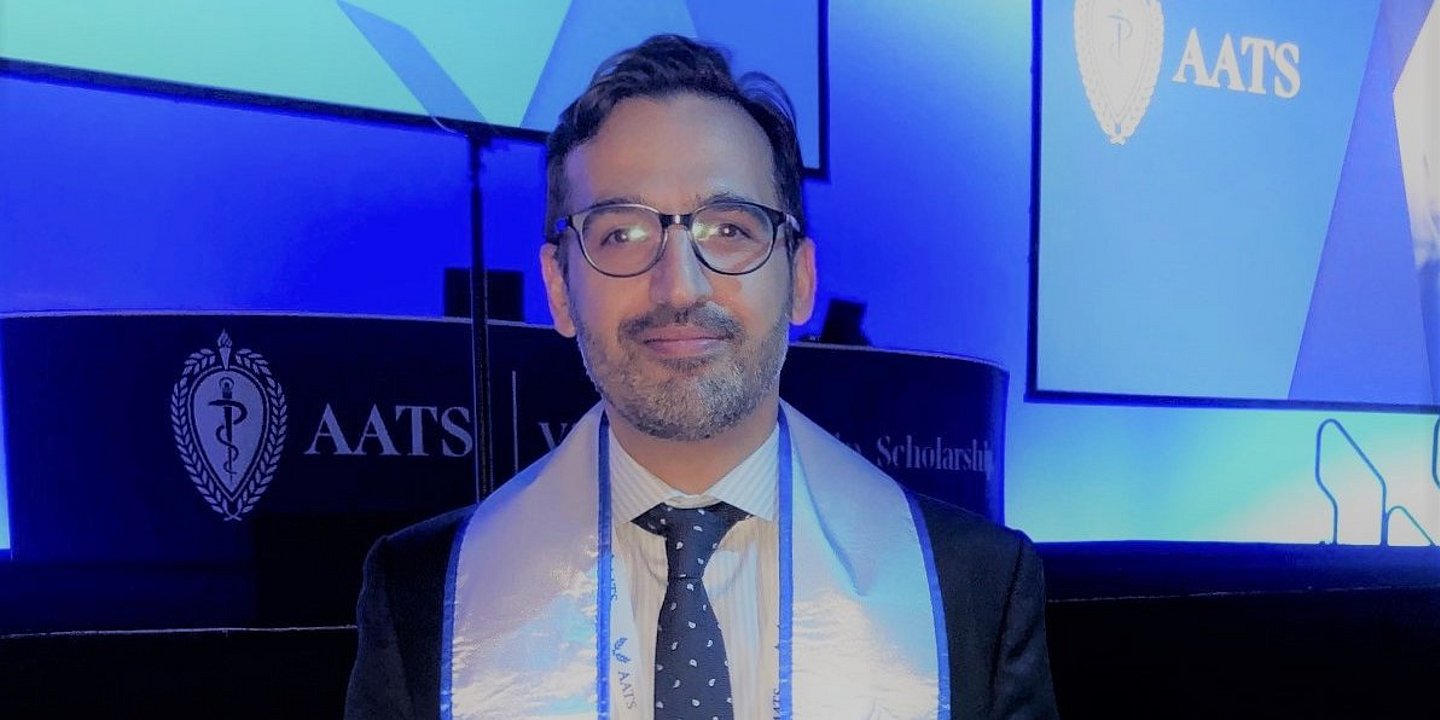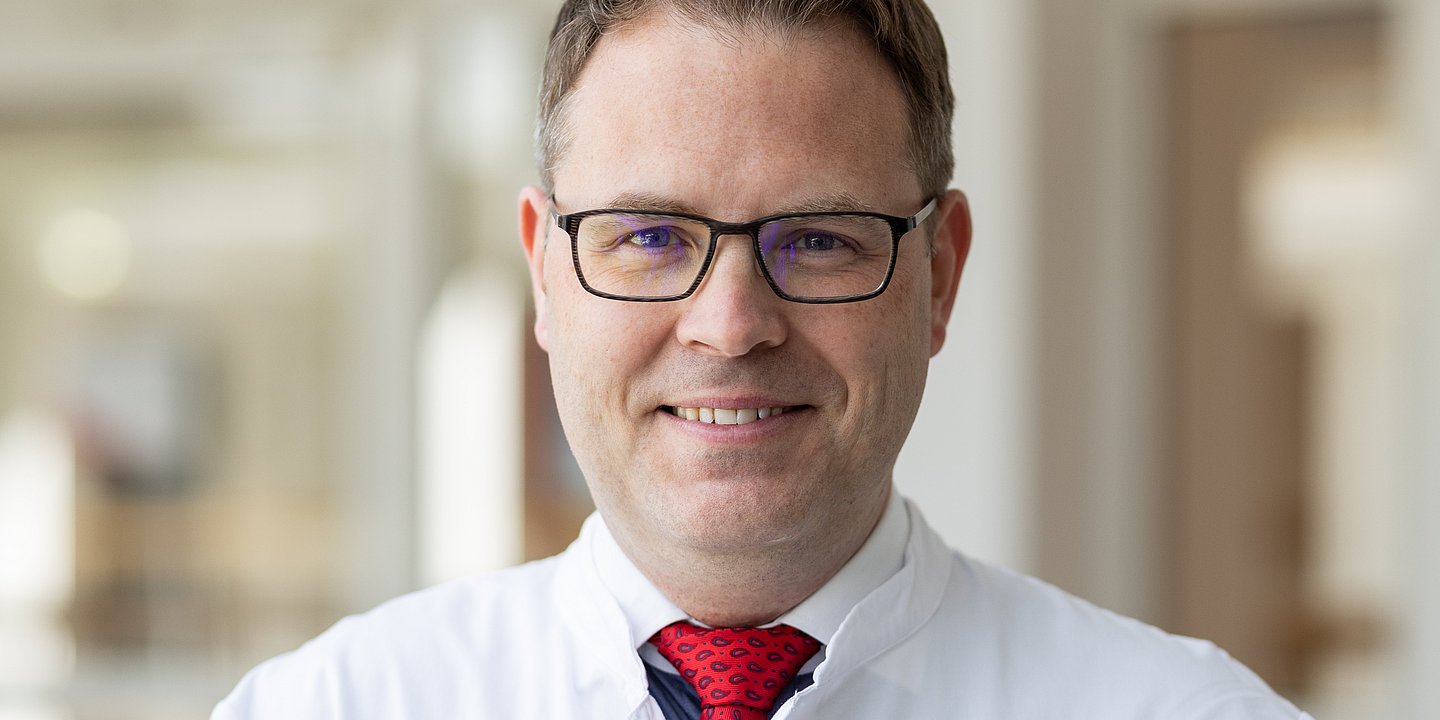
Helios Heart Center Leipzig: Heart transplants are never routine
PD Dr. med. Alexey Dashkevich is Senior Physician and Division Director of the Heart Transplantation and Artificial Heart Program at Helios Heart Center Leipzig. Around 30 hearts and 50 artificial hearts are transplanted here every year. On the occasion of Organ Donation Day on June 3, he provides an insight into his daily work, the social circumstances and special challenges of transplantation medicine.
"A heart transplant is a marathon, and the operation itself is really just a short drinking break in the process. The whole thing starts months before and hopefully continues for a long time afterwards,"
explains PD Dr. med. Alexey Dashkevich. Two weeks ago, he and his team at the Heart Center Leipzig last successfully transplanted a heart. The patient, who was just over 60 years old, had received an artificial heart six months ago due to acute heart failure and was then placed on the high-urgency list. One month later he could be transplanted. However, this does not represent the actual average waiting time of patients for a donor organ. Even at the high urgency level, the average waiting time for the life-saving organ in Germany is currently six months.
Which patients do you treat in the heart transplant (HTX) and artificial heart (VAD) programs?
I treat people with terminal heart failure for whom all other treatment options have already been exhausted. This means that their heart is still performing just enough to keep them alive. However, the necessary oxygen supply to other organs no longer takes place to a sufficient degree. In this case, a detailed evaluation is carried out to determine whether a heart transplant or an artificial heart is more suitable for her. Since there is an acute shortage of organs in Germany and we often have to move very quickly, an artificial heart is often used as a temporary solution. However, this cannot be a permanent solution for every patient. Therefore, there is often an overlap between those who are waiting, those who receive an artificial heart and those who have a replacement heart transplanted. More and more patients have to be provided with an artificial heart in the first step until they can be transplanted later. The average time that seriously ill patients survive with an artificial heart in Leipzig is currently eight years. This is very long, even by international standards. On the one hand, this shows how good the systems have become, but on the other hand, it also highlights the reasons why we do not have enough donor hearts by far.
What makes transplant medicine special for you?
This specialist area is special and challenging for me because patients are treated here who are usually at the end of their therapy careers. But the good thing is that you still have an option and know that you can still help these people, and with good results.
How many transplants have you performed in your career?
I have been in the business for 15 years and previously worked in a clinic where a total of up to 30 hearts and 100 lungs were transplanted annually. Many of these I have also attended surgically myself, so that adds up to a significant number. In my two months here at the Heart Center, the number is four transplants and my last one was on Ascension Day.
Is a heart transplant routine for you?
Heart transplants are never routine. There are so many exciting and challenging things going on around it, such as logistics. In addition, things often go differently than planned because so much has to be coordinated and the patients are very different. The fact that we are currently transplanting a replacement heart to significantly more people with artificial hearts also makes the operation even more challenging.
On average, how long do you spend in the OR during a transplant and how do you prepare for long days in the OR?
Surgery time varies from four to twelve hours, depending on the preparation and complexity of the procedure. Preparing for a heart transplant on short notice doesn't work. It's years of training. Basically, surgeons are preconditioned as far as long operating times are concerned. We are well trained and actually do this every day. In addition, you never do an operation alone, but always as part of a team in which you can rely on each other.
In what do you find a balance to the challenging job?
I find it above all with my family and friends. You definitely need some distance from the clinic. But what also distracts me well within the clinic is the research work.
Do you share the fever with your patients?
Yes, definitely. You see the patients every day on the ward and suffer with them when no organs are offered for weeks or months. Especially since they ask you every day if there is a heart for them and you have to keep putting them off. When they receive a call about a potential donor heart, they are of course very happy - especially if the heart offered is optimal. If the operation goes well, you are very happy. Since you have known your patients for a long time, it is difficult not to feel sympathy, despite your efforts to keep a professional distance.
What is your view of the current organ donation situation?
The number of donors in this country is very low. One of the main reasons for this is that Germany is one of the few European countries in which the consent solution is used rather than the objection solution. I would therefore like to remind you that each and every individual is responsible for his or her own consent. This opportunity should definitely be seized because, on the one hand, each of us can find ourselves in the situation of being dependent on a donor organ and, on the other hand, because currently only about half of all waiting patients receive a heart. Ten to 15 percent die during the waiting period in Germany every year.


